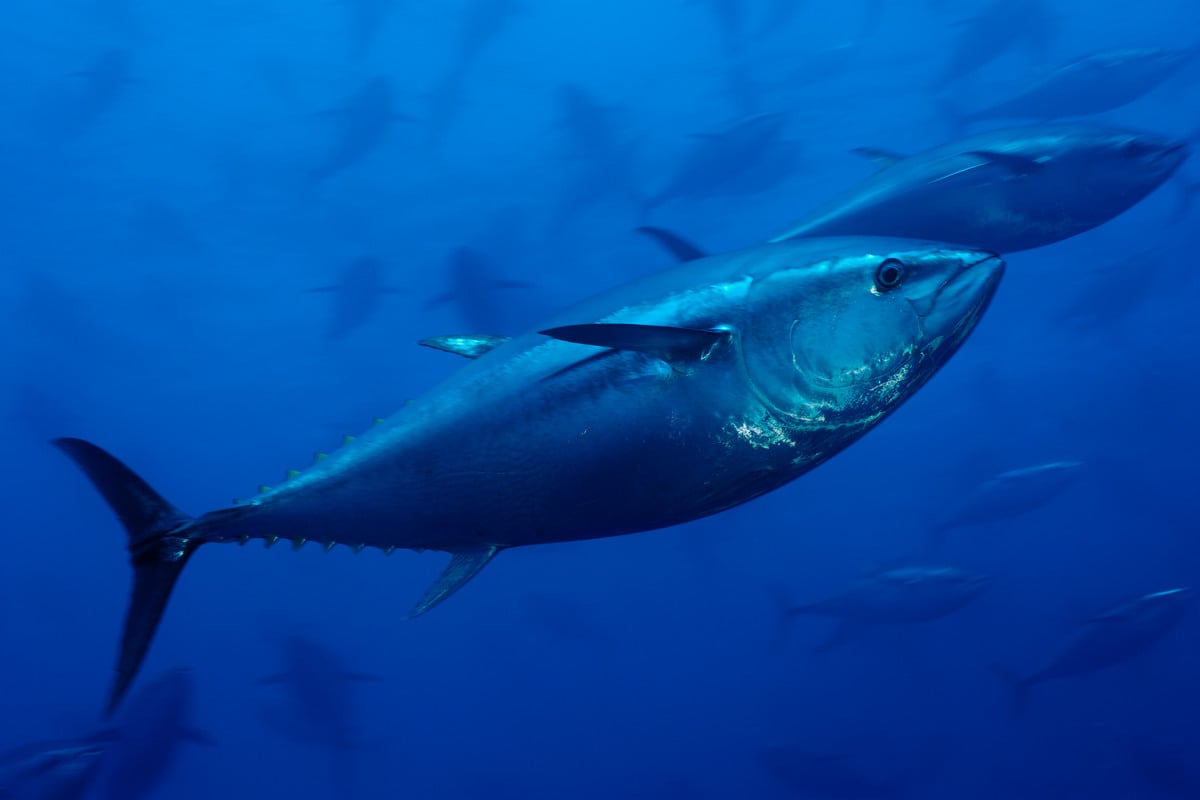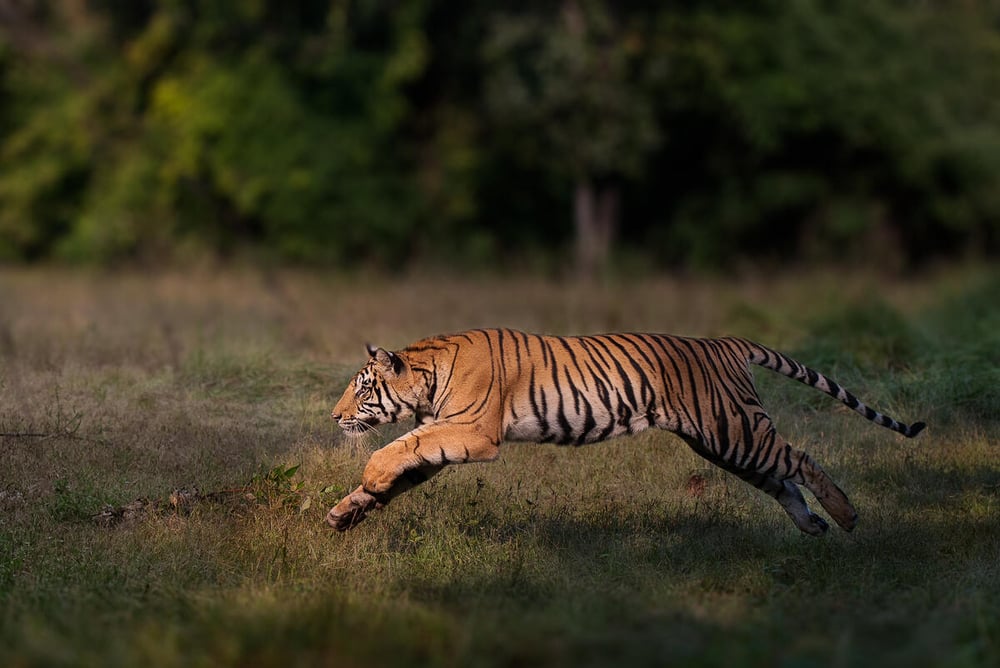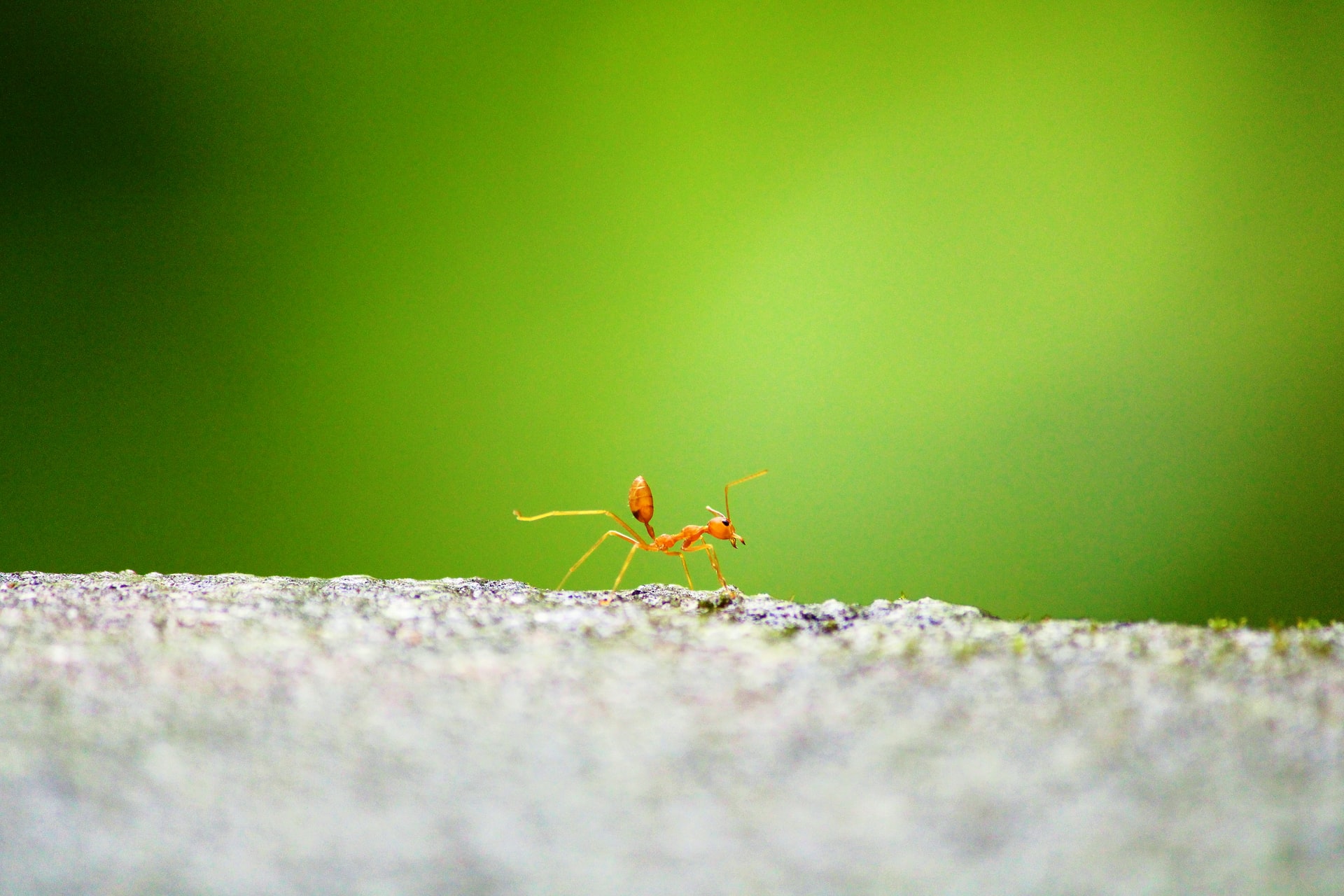
For the next few weeks, Tokyo will be home to some of the most skilled and gifted athletes on our planet, competing for glory and a shot at Olympic gold.
But lucky for them, they won’t be facing any competitors from the animal kingdom! Here are 5 animal athletes bound to give even the fittest, fastest, and strongest humans a run for their money:
.jpg?width=668&name=_WW188720%20(1).jpg)
Event #1: The Marathon
The Olympic record for the marathon (running 26.2 miles or 42 km) is 2 hours, 6 minutes and 32 seconds for men (set by Kenya's Samuel Wanjiru in 2008) and 2 hours, 23 minutes and 7 seconds for women (Tiki Gelana of Ethiopia in 2008).
The average marathon time for a non-professional runner typically ranges from 4 to 5 hours, so cutting this time in half should seriously impress you...unless you’re an African wild dog!
Also known as the painted dog or Cape hunting dog, these incredible canines have been documented running at speeds of 40 miles an hour (64 km/hr) for up to an hour when hunting! To put that into perspective, that’s like running the distance of one-and-a-half marathons in half the time of the Olympians...just to get a meal!
Photo: © Martin Harvey / WWF
.jpg?width=3768&name=_WW176706%20(2).jpg)
Event #2: 100 meter sprint
The world’s fastest man - Usain Bolt of Jamaica - sprints at a top speed of 45km/hr (28mph), covering 100 meters in just under 10 seconds. The world’s fastest woman - the late Florence Griffith Joyner of the United States - ran 100 meters in 10.49 seconds, at an average speed of 34 km/hr (21 mph).
The world’s fastest animal on land needs no introduction. The cheetah can run at speeds of up to 112 km/hr (70mph), meaning that it could run 100 meters in just over 3 seconds. Or to put that another way, if Usain Bolt and Florence Griffith Joyner were in a 100-meter race against a cheetah, they’d need roughly a 70 meter head start just to tie the spotted feline at the finish line!
Photo: © Fritz Pölking / WWF

Event #3: Swimming
When you think ‘swimmer,’ you probably think of Michael Phelps - and for good reason! The American has 23 Olympic gold medals in swimming to his name, and has flown through the water at top speeds of around 9.6 km/hr (6mph).
But if you told an Atlantic bluefin tuna that Michael Phelps was an amazing swimmer, they’d probably think, “that sounds fishy!” When chasing prey or evading a shark, bluefin tuna can swim at speeds of over 70 km/hr (43 mph) - seven times faster than Phelps! This is even more impressive when you realize just how huge these fish are, weighing an average of 250kg (551 lbs). The largest recorded specimen was a massive 679 kg (1497 lbs) - that’s heavier than a horse!
Photo: © Wild Wonders of Europe / Zankl / WWF

Event #4: The high jump
American Charles Austin holds the men’s Olympic record in the high jump - 2.39m (7 ft 10 inches) - that’s nearly the height of a football crossbar! Yelena Slesarenko of Russia holds the women’s Olympic record of 2.06m (6 ft 9 inches), which she achieved at the 2004 Athens Olympics.
When it comes to the high jumpers in the animal kingdom, the tiger has definitely earned its stripes as one of the best! Despite being the world’s biggest cat, tigers can leap up as high as 5 meters (16 feet)! And perhaps most impressively, they can jump this high while still landing gracefully on their own two feet, without the need for any soft landing pad like human high jumpers do!
Photo: © Nitish Madan / WWF-International

Event #5: Weightlifting
One of the two movements or “lifts” in the Olympic event of weightlifting is the snatch, which involves picking up a weighted barbell from the floor and explosively bringing it overhead in one fluid motion. Size definitely plays an advantage, so to keep things fair, the Olympics separates athletes into categories based on their bodyweight. For men, the lightest bodyweight category is 56 kg (123 lbs), and Halil Mutlu of Turkey holds the record for the snatch - 137 kg (302 lbs) - set at the 2000 Sydney Olympics. For women, the lightest category is 48 kg (106 lbs), and the record of 97 kg (214 lbs) was set by Nurcan Taylan in Athens in 2004.
The average human being would struggle to lift the equivalent of their own bodyweight overhead, let alone more than double like Mutlu and Taylan did. Strong as they are however, they are no match for one of the pound-for-pound strongest animals in the animal kingdom - and here’s the ironic bit, they don’t even weigh anywhere close to a pound...ants!
Ants all over the globe are capable of lifting objects many times their bodyweight, and in 2010, an Asian weaver ant was recorded lifting an object 100 times heavier than its own body! Talk about having a huge weight on your shoulders...
Sources
BBC News, The World's Strongest Animal Can Lift Staggering Weights, http://www.bbc.com/earth/story/20161121-the-worlds-strongest-animal-can-lift-staggering-weights
WWF-International, Olympic Animals, https://wwf.panda.org/discover/knowledge_hub/teacher_resources/olympic_animals/
WWF-International, Bluefin Tuna, https://www.worldwildlife.org/species/tuna
WWF-International, African Wild Dog, https://www.worldwildlife.org/species/african-wild-dog


